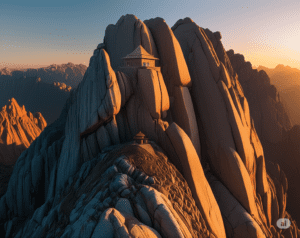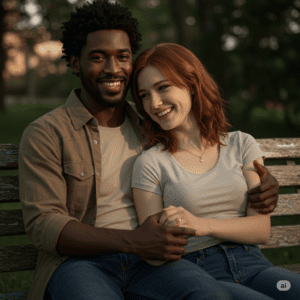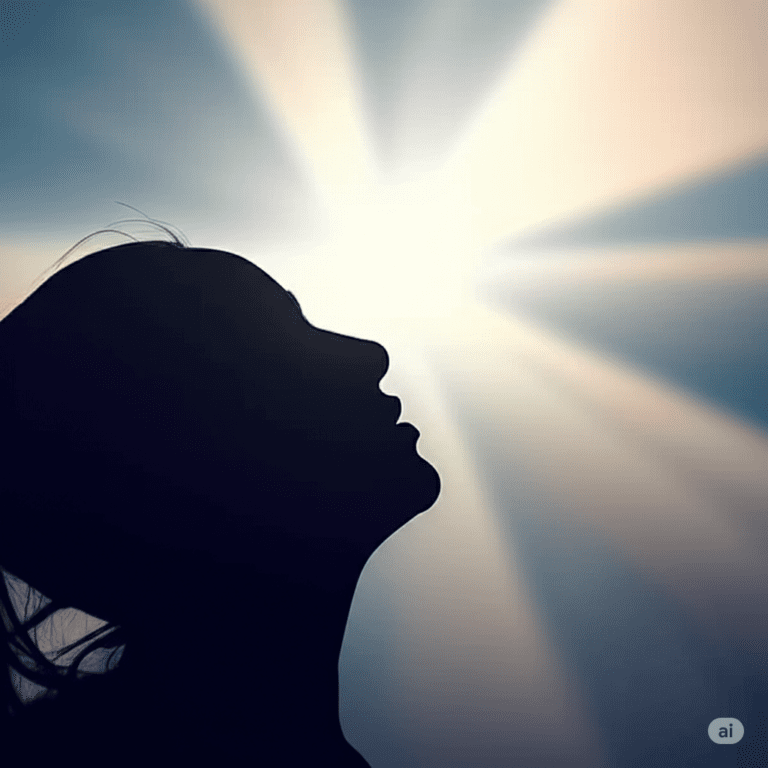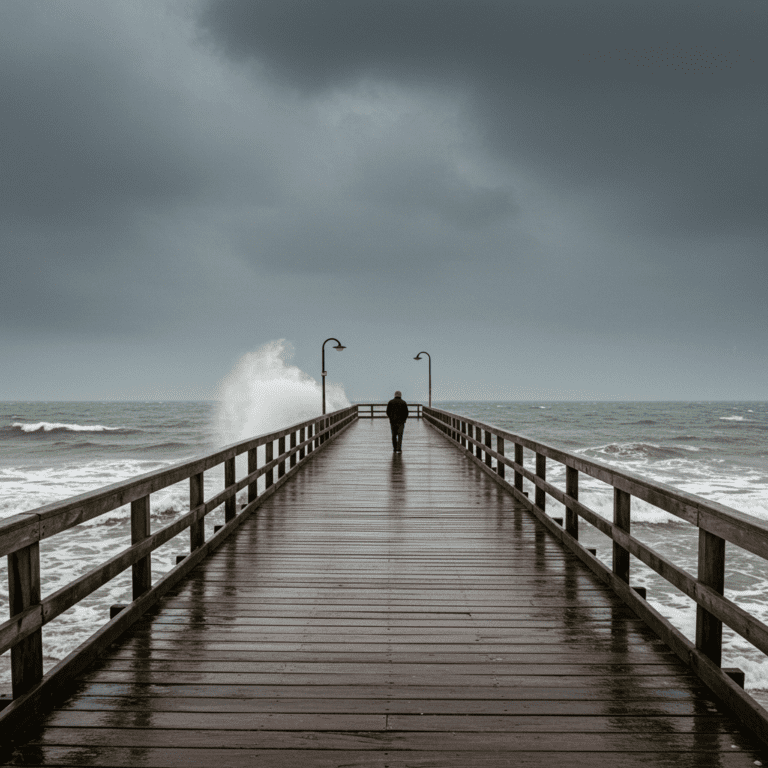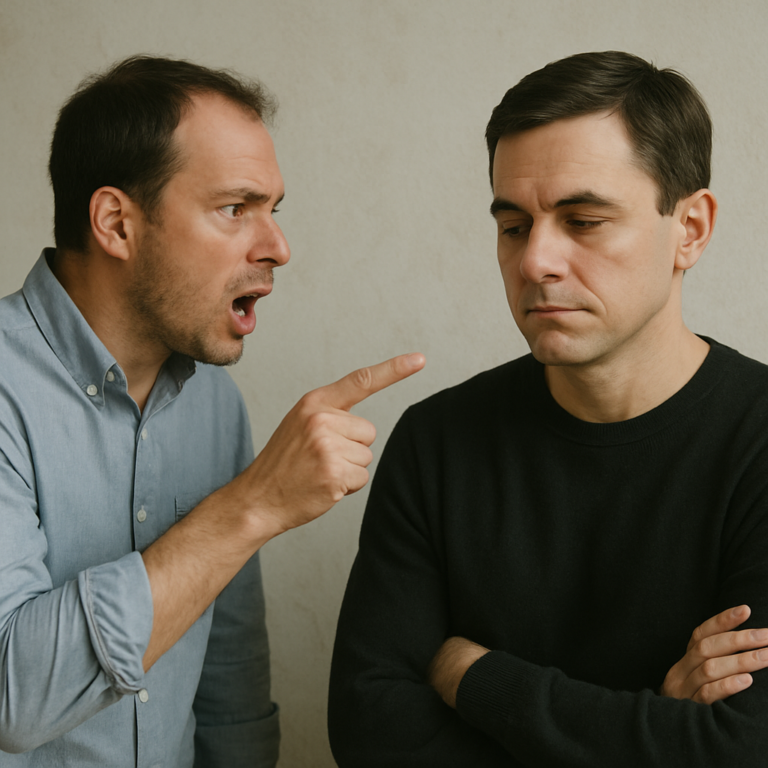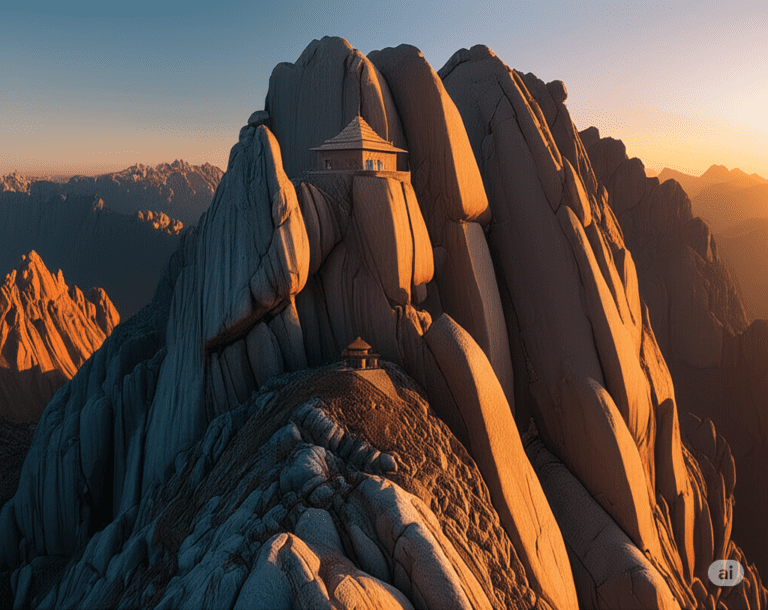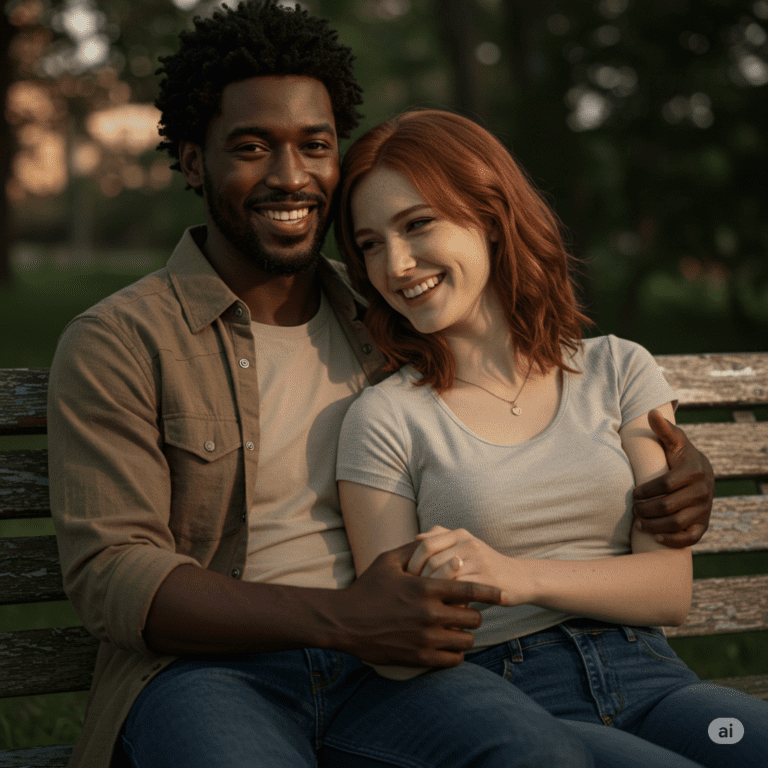One of the ideas that lingered longest after I left religion was this: If there’s no God, where does beauty come from?
It’s something I used to wonder when I was a believer—how sunsets, music, kindness, even sorrow could be so rich and meaningful. Surely, I thought, they had to be reflections of something divine.
But when I let go of that belief, the question didn’t disappear. It changed.
Was It All Just Random?
That’s the fear, isn’t it? That without a creator, beauty becomes meaningless. That if the universe isn’t designed, then we’re just accidental chemicals reacting to light and sound—mistaking patterns for meaning.
But what I found was the opposite.
Beauty didn’t vanish.
It became more real.
Because now, instead of being handed down from a perfect creator, beauty became something we create, perceive, and share as humans. It’s not imposed—it’s discovered.
The Roots of Beauty Are in Us
A beautiful moment doesn’t need divine approval. It needs human presence.
We call a day beautiful not because it’s blessed, but because we feel safe in it. We call music beautiful because it moves something ancient in us—rhythms and tones that stir emotion. We call someone’s act of kindness beautiful because we recognize our shared need to be cared for.
These moments matter not because they’re eternal—but because they’re rare. Fleeting. Alive.
And that makes them sacred in a different way.
Redefining Wonder
I still feel awe. Maybe more than before. I look at the sky and don’t think, “Someone made this for me.” I think, “I get to witness this.”
I feel lucky—not chosen.
I feel connected—not commanded.
I feel part of something—not the center of it.
To me, that’s more humbling than worship.
Beauty Doesn’t Require Purpose
One of the most freeing realizations I had was that something doesn’t need to have a purpose to have value. A flower doesn’t bloom because it’s trying to teach us something. It blooms because it evolved to. And yet we find it stunning.
We give it meaning.
We make art. We build cathedrals. We write poetry.
We fall in love.
Not because we’re following divine instructions, but because we’re alive—and that’s what living things do when they have time and freedom and emotion.
What Changed for Me
Letting go of God didn’t make the world duller. It made it sharper. Closer. More fragile. More miraculous—not in a supernatural way, but in a natural one. The fact that any of this exists at all, that we get to see it, feel it, know it—that’s enough.
And it’s beautiful.
If this post resonated with you, feel free to share or comment.
This space exists for thoughtful, human conversation—no preaching, no judgment.
About the Author:
I’m a former believer, a quiet thinker, and a lifelong seeker of clarity. After decades of faith, I stepped away from religion to rebuild my worldview on honesty, empathy, and reason. This blog is where I reflect on that journey—and explore what it means to live a meaningful, moral life without God.
